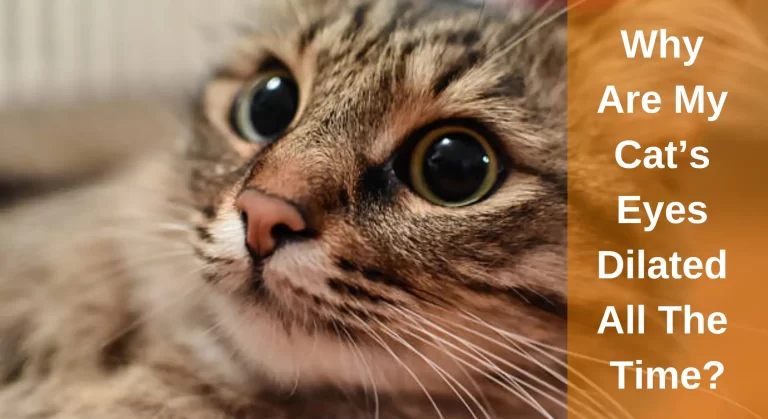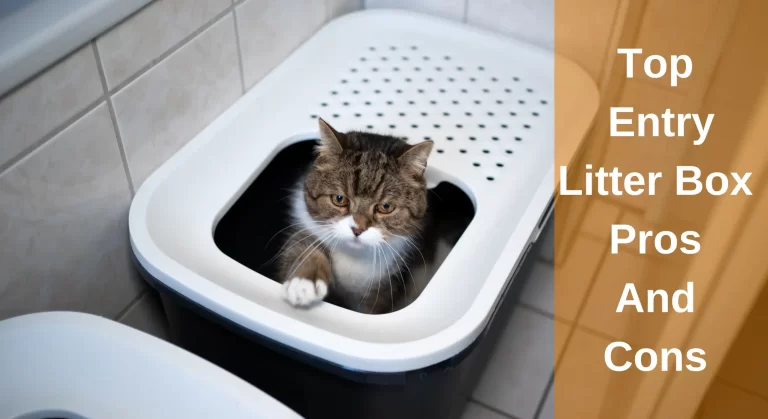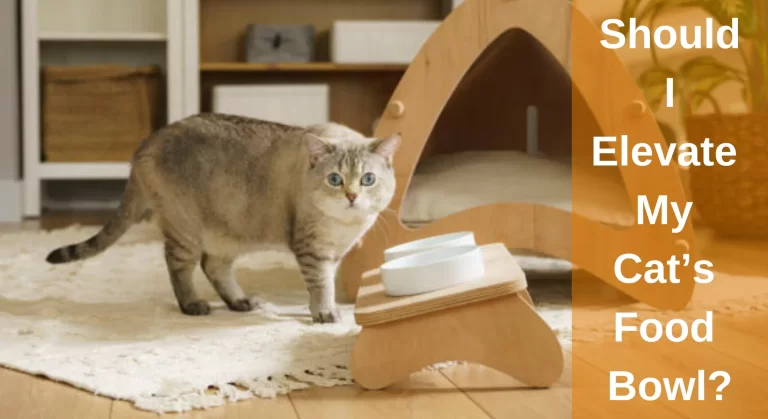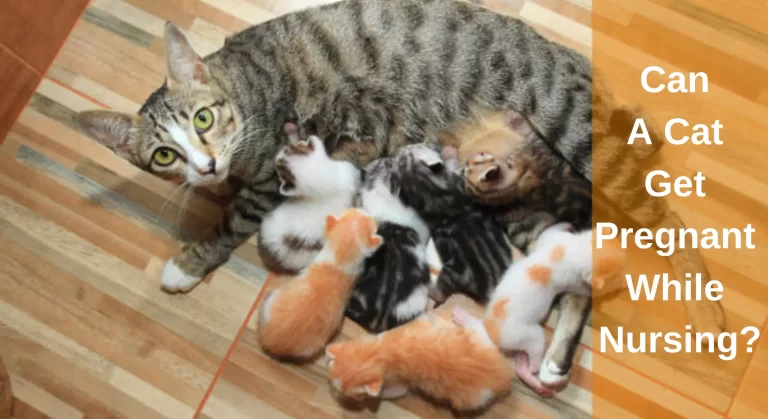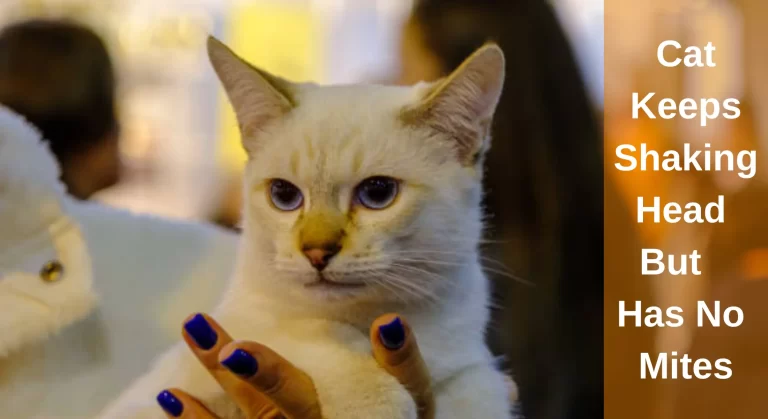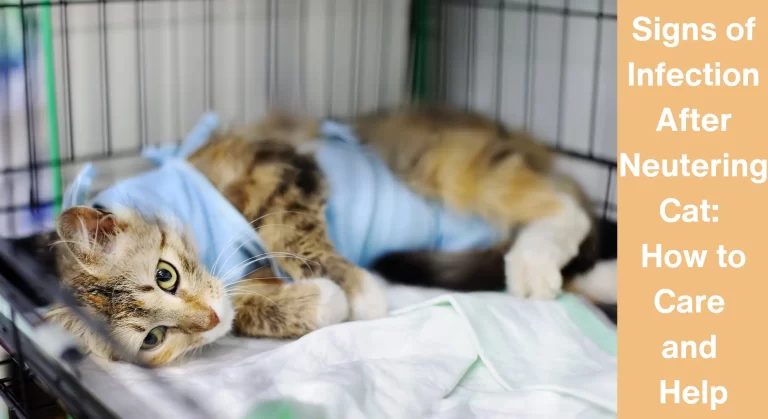How Do Cats Act When They are Dying? Sings of Dying Cats
Death is, unfortunately, an inevitable part of life. Our cats are family members, and we adore their regal appearance. But eventually, the two of you will have to part ways, and as cats are skilled at masking their suffering, this may often catch humans off guard. However, dying cats exhibit some telltale signs that their lives are about to end.
So, how do cats act when they are dying? As a cat nears death, it becomes more withdrawn and irritable. Unprovoked aggression may occur, the appetite will change,weight loss, their unusual odour, lethargy, and they spend more time hiding or becoming clingy out of fear. In addition, body temperature is lower than normal, breathing is heavy, convulsions are experienced, and an unkempt appearance is observed.
Even though it can be very upsetting to witness your cat suffering, keeping an eye out for these signs can help you spot when your cat needs additional comfort and care. It also lets you spot problems early enough to improve your cat’s quality of life.
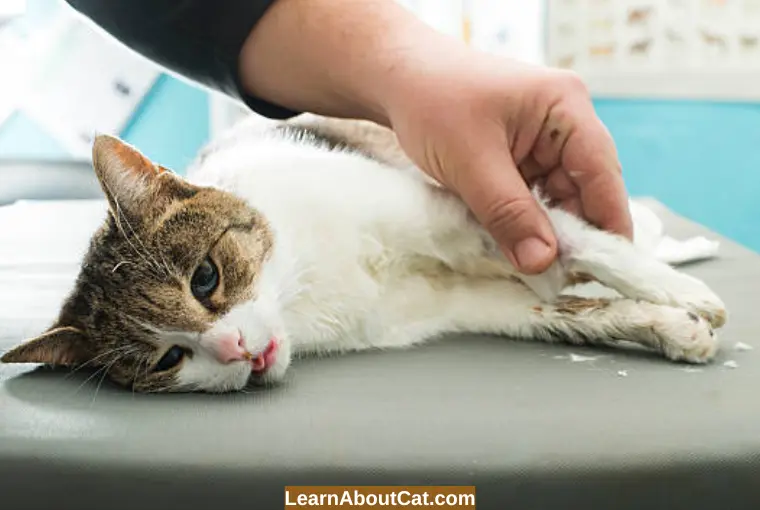
How Do Cats Behave When They are Near to Death? Signs of a Cat Dying
Following are some behaviours or signs when cats are at their last stages of life.
1. Extra Hiding
Although it might be hard to explain, hiding is a clear indicator of cat disease. Usually, a lot of cats want to hide. Watch out for behaviours like increasing hiding, hiding in unfamiliar areas, and refusing to emerge even for regular, pleasant occasions like meals.
2. Extreme Weight Loss
This is especially noticeable In older cats. Some of this can be attributed to natural muscle loss since as your cat matures, her body becomes less effective at breaking down and constructing protein, which results in muscular mass loss.
Despite eating healthily, your cat may be losing weight. The weight loss might escalate over time. Some elderly or ill cats may become so thin that their ribs, spines, and hip bones may be seen poking through the skin.
3. Interested in None of the Favourite Things
Your cat will become less interested in activities she formerly found enjoyable as her health deteriorates. She could lose interest in playing with her toys, reject her favourite foods, and even cease purring while being handled. Your cat may be getting ready to leave this world when she becomes uninterested in it and loses her enthusiasm for activities she used to enjoy.
4. Exceptional Breathing
As your cat matures, the muscles and nerves that regulate its lungs may deteriorate. When they are near death, they show irregular breathing patterns, with erratic peaks and valleys in their respiratory rate. Even briefly ceasing to breathe is possible.
5. An Untidy Appearance
Cats typically cease grooming themselves when they are ill. This results in a coat that looks dirty and oily. Mats can form on long-haired cats, especially on the back, abdomen, and behind the ears. Additionally, felines have dandruff on their body.
6. Limited Mobility
Senior cats frequently have less movement due to muscle loss, discomfort from conditions like arthritis, and other medical issues. Weakness often develops over time; it may start tiny, like losing the ability to leap onto the kitchen counter. It may also become worse, making it difficult to navigate stairs or even to enter and exit a tall litter box.
7. Not Consuming Anything
Additionally, sick cats frequently show little interest in drinking, which can quickly result in dehydration. In rare circumstances, you might be able to delicately spray her with water using an oral syringe or a squirt bottle.
If she’s feeling unwell, they also don’t eat. Some drugs may also affect your cat’s ability to taste and smell, reducing her appetite. Try reheating her meal or drizzling a little tuna juice on top to get her more interested in eating.
8. Poor Control of Temperature
Senior cats are more vulnerable to heat and cold than healthy adult cats because they are increasingly unable to control their body temperatures. Cats close to passing away frequently have low body temperatures, even when given a warm atmosphere and bed. The limbs of your cat could feel chilly to the touch.
9. Finding Solace
While some cats may opt to live out their dying days alone, others could use this time to spend as much time as they can with their loved ones. They could constantly follow their owners because they don’t want to be left alone and return to a favourite chair, bed, or pillow to make themselves comfy. Purring has been demonstrated to strengthen the cat’s muscles and may even generate endorphins that assist her in dealing with any discomfort she is experiencing.
Find Out: Do Cats Get More Affectionate With Age?
10. Unusual Odour
Your cat may start to smell strange as she gets closer to the end of her life. This is brought on by the body’s breakdown of tissues and accumulation of poisons. Depending on the specific underlying disease, the particular fragrance can change. Cats with renal failure may have ammonia-like breath, and diabetic ketoacidosis can cause them to smell sickeningly sweet.
11. Seizures
Seizures can be brought on by a variety of conditions, such as metabolic abnormalities brought on by illness or problems with the brain itself. Emergencies include seizures that last longer than 10 minutes and clusters of seizures that happen one after the other.
12. Lethargy
Your cat will likely become less active as her life draws closer. She may become weaker as she naps more and more. Some cats could also come out as glum and listless.
Also Read: Why Is My Cat Suddenly Lethargic and Weak?
13. Behavioural Alterations
Cats can exhibit various behavioural changes when they are about to pass away. Each cat will experience changes differently, but what is important is that she has altered her behaviour. This behaviour may vary from cat to cat as some become irritated while others become cosier and friendlier as they constantly need proximity to you.
Check Out: How To Comfort A Dying Cat?
How Long Can a Cat Live?
A domestic cat typically lives around 13 to 18 years. Others will pass away sooner due to disease or accidents.
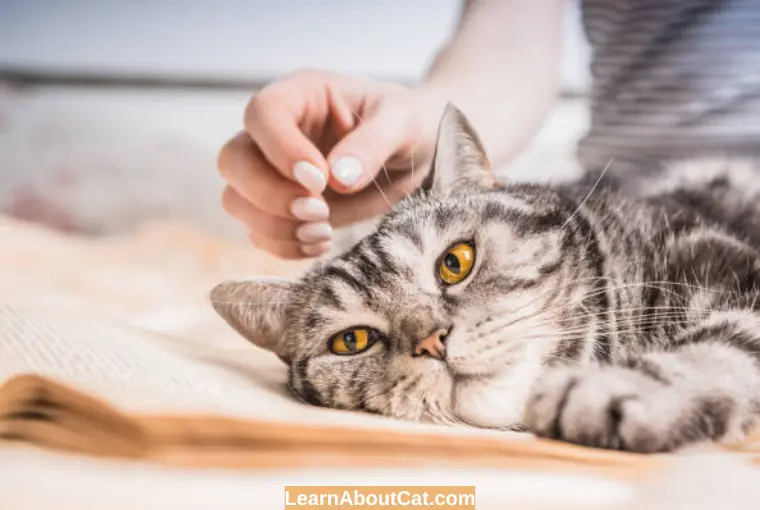
A cat’s physical state will begin to deteriorate as it ages. The cat will lose some of its earlier energy. Your cat can experience joint or arthritic issues, and the illness won’t heal as rapidly. As its time to die draws near, an elderly cat may exhibit cognitive impairment symptoms.
Do I Have a Dying Cat?
Age-related ailments are more frequent in cats. Older cats are more susceptible to renal failure, cancer, and heart problems. Senior cats also have weakened immune systems, making them easier to respiratory infections and other ailments.
The condition of your cat can suddenly seem to deteriorate. Since cats are good at disguising discomfort and sickness, this is not as sudden as it first appears. Your cat could have been ill but kept it from you.
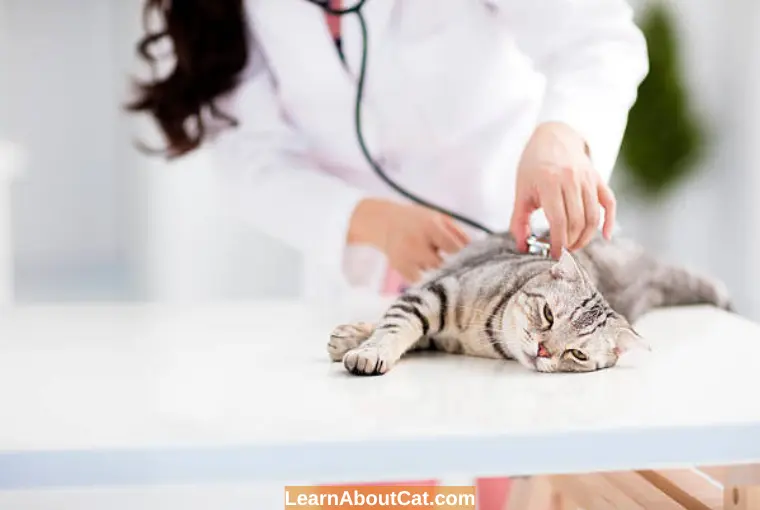
How Do I Know My Cat Is Dying? Symptoms
The following behaviours are more likely to be seen in a cat towards the end of its life:
- Clinginess or hiding
- Muscular sluggishness
- Alterations to the eating and drinking schedules
- A lack of grooming
- Decreased body temperature
- Seizures
- Difficulty breathing
- A personality change
Your cat is not dying if you experience these symptoms. If your cat is elderly, it will be much more like saying goodbye than greeting. To manage the psychological effects of losing your cat, be prepared for this. The necessity to make a challenging choice can also arise. Euthanasia may be more compassionate since a dying cat can be in agony.
Should I Euthanize My Sick Cat?
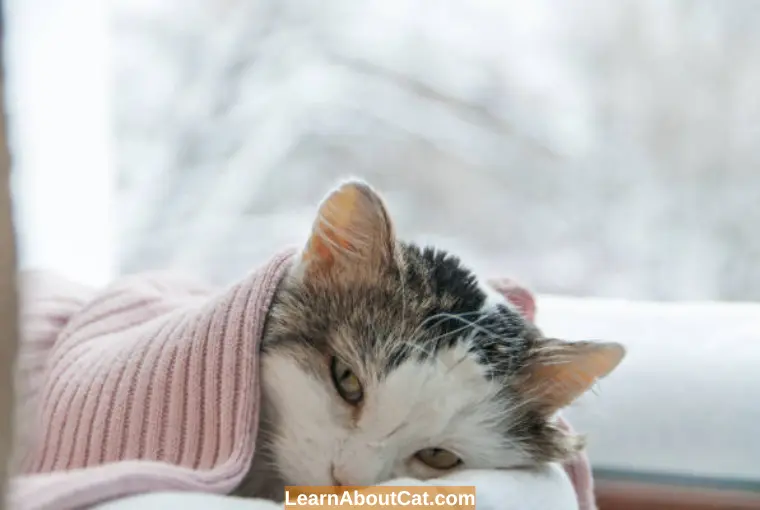
The decision to put a cat to sleep will have a heavy emotional toll on the owner; thus, it should only be made when the cat’s quality of life is gravely jeopardised. Most veterinarians would Euthanize a cat if the owner asked them to. The most excellent course of action is occasionally euthanasia. Chronic discomfort or limited movement can upset cats, which are proud creatures. If your cat’s health deteriorates, it could choose to pass away peacefully.
Cats do not live indefinitely, as much as we would like them to. Your cat will exhibit particular habits if it is dying. Your cat should be as comfortable in its latter years as it was earlier.
What Happens to Cats When a Human Die?
Cats are thought to be cold, aloof, and independent animals. That doesn’t imply that they don’t form strong emotional bonds with their keepers and owners. A cat frequently feels uneasiness and despair when losing a human partner. For cats, change is challenging. The following change happens in their bodies.
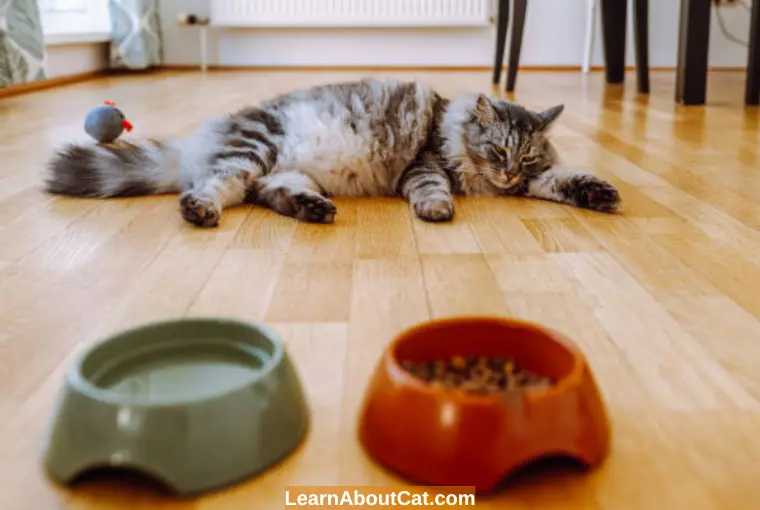
1. Alteration in Appetite
Changes in a cat’s food habits indicate that she is mourning. Cats under stress frequently lose interest in their diet, which leads to weight loss. A cat that used to eat everything on her dish obnoxiously but now prefers to doze off during meals is likely mourning.
2. Spraying of Urine
Naturally, a cat’s routine changes drastically when its devoted owner passes away. Even if they have been neutered or spayed, grieving cats may stop using their litter boxes and spray unpleasant and filthy urine all over your house.
3. Increase in Vocalization
A cat in grief could become more talkative as the day wears on, much to your dismay. Grieving felines often meow and yowl loudly and continuously, especially when it’s completely dark outdoors.
4. Sleeping
Cats are known to be tired animals. Most healthy cats spend the finest parts of the day dozing off. However, prolonged napping is unquestionably a sign that a cat is perplexed, depressed, or disturbed over a significant shift in its existence.
5. Grooming
Cats often engage in repeated, obsessive-compulsive activities when anxious or unsure of what to do. Perhaps a cat is overgrooming itself. She could be anxiously pulling at her coat and shedding a lot of hair. On the other extreme, a cat grieving the loss of a significant person in her life may abandon her grooming responsibilities.
6. Loss Joy of Living
Cats in grief frequently don’t appear like themselves. Your cat is mourning if she seems to have lost her inherent “joie de vivre” in the past. When a cat experiences a significant loss, they frequently withdraw from humans and lose all interest in their hobbies. Just like us, fluffy cats experience depression.
7. Help
Even while it may make you feel powerless to observe a cat that is depressed, there are things you can do to help her. Spend as much time as you can snuggling up to your cat, playing hide-and-seek, and conversing with her. A little amount of your attention might help her get back on track if she feels abandoned or lonely.
Frequently Asked Questions
Do cats know when they are dying?
Although some cats have been reported to feel when people are on the verge of passing away, it’s unclear if they can foretell their demise. It’s difficult to determine if cats comprehend the idea of their death, but they frequently behave differently when they are close to passing away.
While some signs and behaviours may indicate your cat is nearing the end of its life, it also appears that cats can detect particular odours that the human body emits shortly before death.
Why do dying cats go to live alone?
Cats do not prefer to die alone, despite what many people think. But people act in this way because of their inclinations. Additionally, they avoid social situations since doing so will guarantee that they get enough sleep.
As there may be larger predators in the wild that they need to hide from, cats rely on their evolutionary background when they move away to be alone to die. It’s crucial to understand that nothing you did contribute to your cat’s behaviour at the end of his life.
The Bottom Line on How Do Cats Act When They are Dying
Cats are very intuitive animals that can sense not just when they are ill but also the ill health of other cats and people. Even though they probably don’t have the same understanding of mortality as we do, they can nonetheless sense when something is wrong and will respond accordingly.
Cats appear to be more turned into other people’s emotions than their own. In nursing facilities, cats often sit next to dying residents to comfort and support them.
Who is Isabella?
My name is Isabella, and I am a dedicated and knowledgeable cat enthusiast. With years of experience caring for cats and a deep love for felines, I made a mission to help other cat lovers navigate the challenges of cat ownership.

